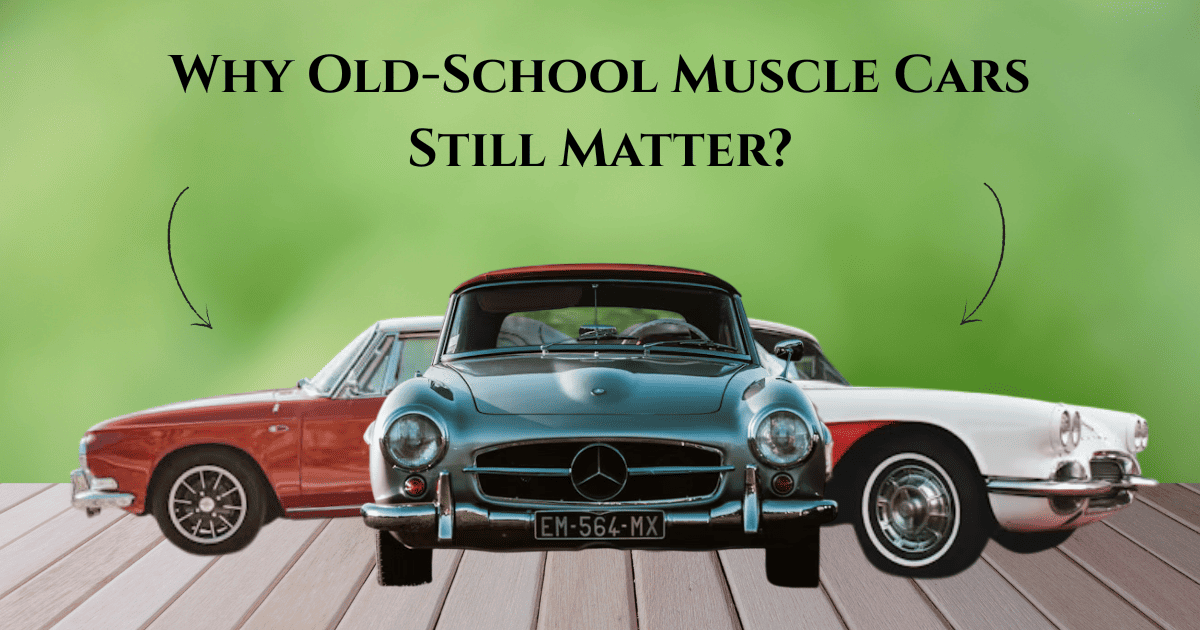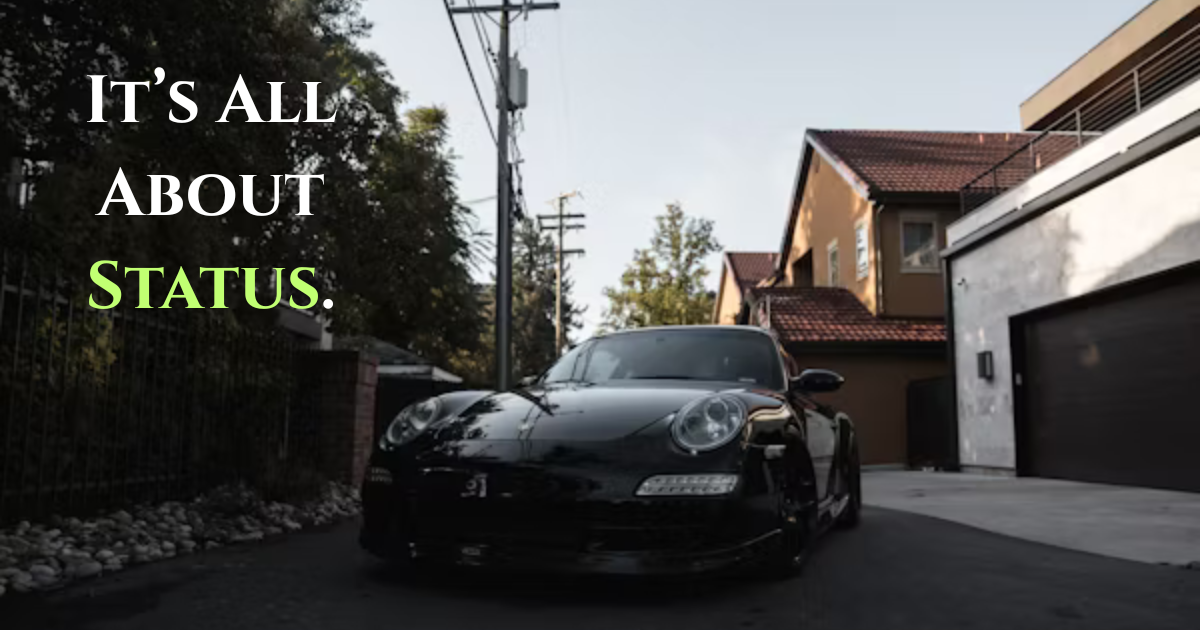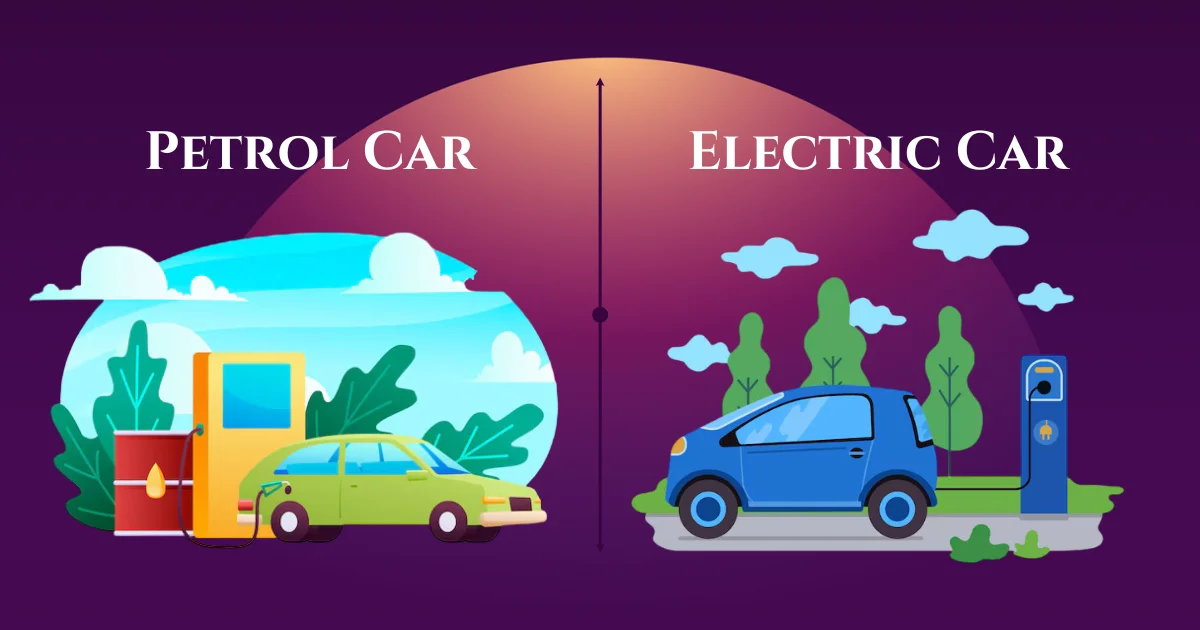Muscle cars aren’t dead—they’re roaring symbols of freedom, rebellion, and raw emotion in a world of silent, sanitized tech.
In an age where cars park themselves, follow lanes, and whisper rather than roar, there’s something almost rebellious about the old-school muscle car. It’s analog. It’s loud. It’s unapologetically imperfect. And in a world obsessed with perfect tech, that imperfection feels—oddly—perfect.
More Than Just Metal and Horsepower
To some, they’re just gas-guzzlers from another era. But to true car enthusiasts, muscle cars are cultural artifacts—time capsules of freedom, power, and raw expression. These aren’t machines built to impress tech investors. They were built to make your heart race.
The growl of a 1969 Dodge Charger. The brutal beauty of a Pontiac GTO. The sheer audacity of the Shelby GT500. These cars weren’t optimized for algorithms—they were optimized for adrenaline.
Why They Still Resonate
So why do people still care? Because modern cars, with all their software updates and touchscreens, often feel like computers on wheels. Efficient? Yes. Soulful? Not always.
Muscle cars remind us of a time when driving was a feel, not just a function. They represent rebellion. Individualism. An era before lane-assist gently reminded you to conform. When you drove, you were in charge.
A Counterculture on Wheels
Muscle cars, like vinyl records or analog watches, offer something tech can’t—presence. In a self-driving future, driving a muscle car is a statement:
“I don’t want the machine to do it for me. I want to feel the road, the engine, the risk.”
This is why muscle car culture is thriving in underground garages, Instagram reels, YouTube channels, and auction sites. It’s less about nostalgia and more about defiance. A roar against the silent hum of progress.
Eco-Friendly? Not Really. But…
Yes, they burn more fuel. Yes, they don’t meet modern emission standards. But perhaps their enduring presence forces us to ask: Should all progress erase the past? Or is there value in holding onto things that remind us who we were—and who we could still choose to be?
Owning a muscle car isn’t about denying the future. It’s about keeping one foot in the past to stay grounded while the world races ahead.
The Muscle Car Legacy Isn’t Over
Auto brands know it. Just look at Dodge’s “Last Call” series. Or the buzz around electric muscle concepts. The blueprint remains—just the engine changes. The attitude is what matters. And that attitude? It’s timeless.
Because in the end, when you hear that rumble echo down an empty road, you don’t just hear a car. You hear a heartbeat.










